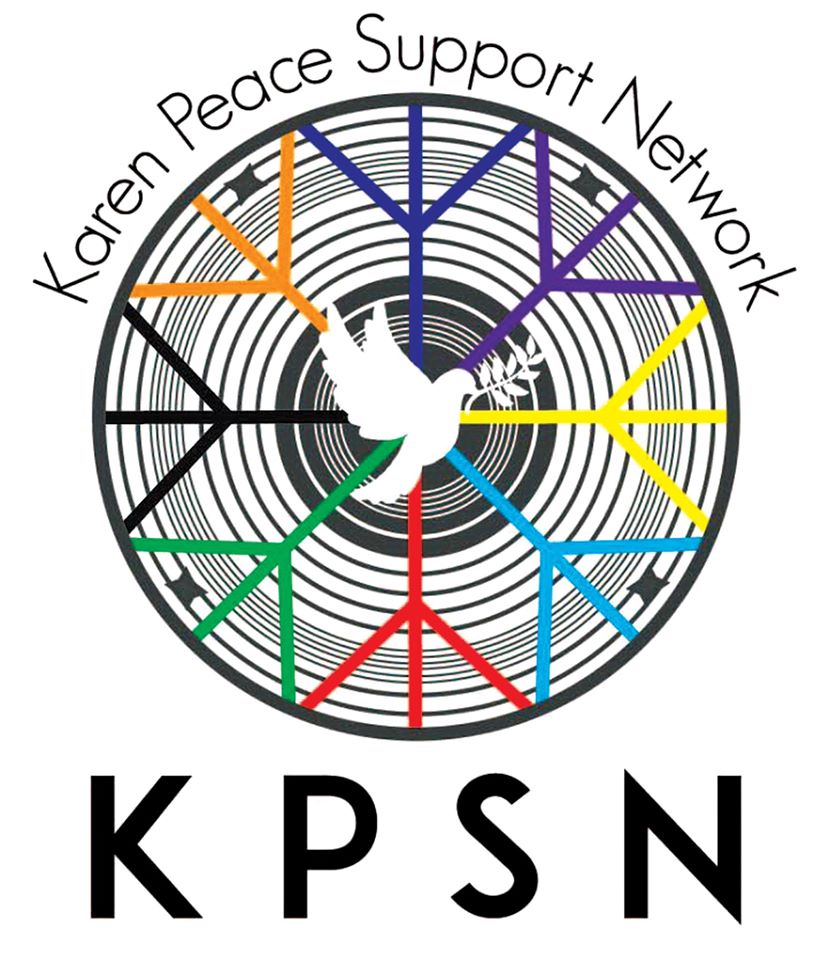Community Groups Fear World Bank’s $250 Million Eastern Burma Project Will Ignite Conflict

50 Community groups from Burma country and overseas signed a petition rejecting the World Bank’s proposed “Peaceful and Prosperous Communities Project” (PPCP), planned for conflict-affected areas in Eastern Burma.
In a statement issued by the Karen Peace Support Network (KPSN) on 25 November 2019, the groups claimed the World Bank’s project would fuel conflict in the region.
Naw Wah Ku Shee, a spokesperson for the KPSN told Karen News that now is not the right time for these development projects.
“Armed conflict is still ongoing and democratic transition in Burma is still in its initial phase. This project could further the central government’s objective to expand its control into ethnic areas. This will create further tensions as well as increase human right violations.”
The KPSN statement pointed out the World Bank project could undermine the rights of communities, threaten their aspirations for more autonomy and destroy their culture and traditions. It risks prolonging armed conflict and would delay any hope of a political solution to conflict.
The KPSN statement said; “No-one wants economic development more than those of us from conflict zones, but it must be the right kind of development at the right time. When implemented at the wrong time, development projects can do more harm than good.”
The World Bank’s website said the PPCP’s objective is to address the significant and historical underinvestment in public infrastructure, services, and support for market-oriented activities in areas of Myanmar that have suffered from long-running conflicts.”
KPSN explained the project, that was negotiated between the Burma’s government and the World Bank, would be delivered through the central government’s Union Ministry of Agriculture, Livestock and Irrigation, as well as the central government’s General Administration Department, this could serve as a way for the government to expand its administration and control into ethnic areas. The control of services in ethnic states through the central government has been a point of contention during the peace process and in negotiations with ethnic community based organizations.
The KPSN said to resolve conflict, there must be a new federal power sharing structure put in place, whereby development decisions and projects are led by representatives selected by and accountable to local people and their communities.
The Peaceful and Prosperous Communities Project includes a $225 million loan repayable to the World Bank. It was initiated within the framework of Naypyidaw’s 2018 “Myanmar Sustainable Development Plan,” that claims underdevelopment is one of the key root causes of conflict in Burma. But the KPSN rejected that as false and said it deliberately misrepresents the situation in ethnic states of Burma.
The KSPN said; “The root cause of the decades-long civil war is not underdevelopment, but the lack of equality and power sharing. This fact is being sustained by the ongoing centralized governance, enshrined in the current 2008 constitution. This World Bank project is designed and controlled by only one party to the conflict – Naypyidaw [government] – in order to expand its unitary structures into ethnic-governed areas.”
The World Bank said in response to community concerns that it had consulted with ethnic armed groups, government and also involved CSO’s and community based organizations. Despite listing 61 groups and more than 1,000 individuals and 130 organizations in their consultations, Naw Wah Ku Shee said the World Bank’s methods do not in any way reflect real consultation as many of the listed EAOs, CBOs, CSOs in the consultation list didn’t know it was a consultation. She said that it was only the World Bank talking about their project and there was no time for community representatives to provide feedback or comments.
“It looks like the World Bank consultations are just an exercise in rubber stamping and ticking the checklist just to show they did the number – using this for the project to proceed rather than considering the concerns and voices of the local people or ethnic people in conflict areas.” Naw Wah Ku Shee said.
The KPSN said these development projects must come after political reform and include meaningful consultation with and genuine participation of local civil society, ethnic armed organizations and local government. Indigenous rights must be respected and be integral in the development and implementation of development projects in ethnic areas.
The KPSN statement concluded; “Development is not a substitute for political reform. Attempts to force through development projects without local buy-in, through meaningful consultation and political reform that gives more local control, risks entrenching political conflict and fuelling the civil war.”
According to information of the project on World Bank’s website, the first three years of the project will focus on Mon, Karen, and Kayah States, as well as selected areas in Bago and Tanintharyi Regions. At the end of the second year of implementation, a review will consider feasibility of expansion into areas of Shan and Kachin States, and possibly other areas.




